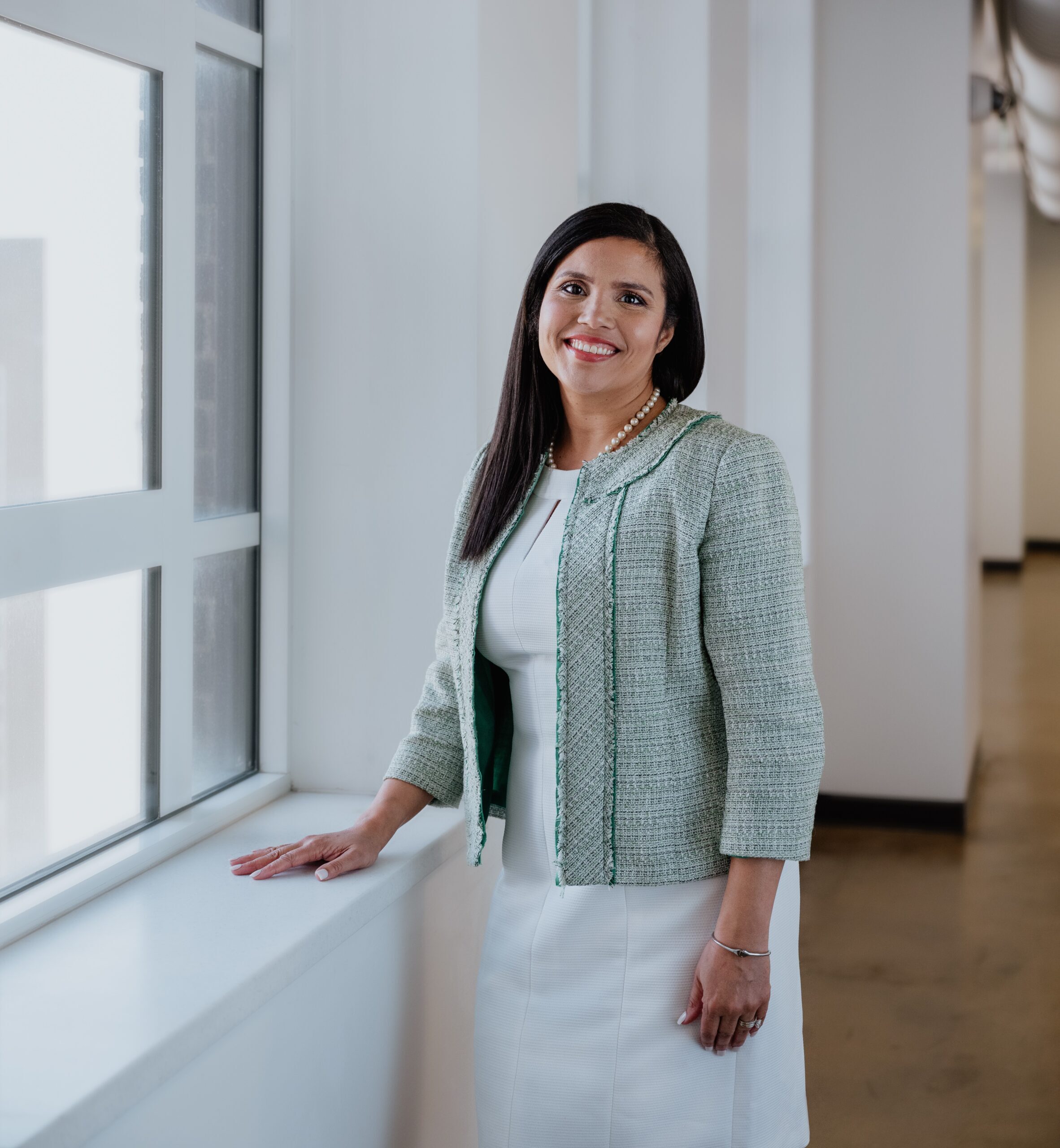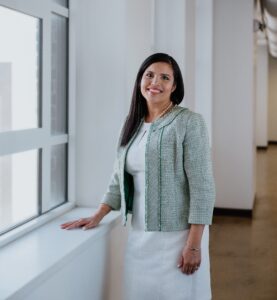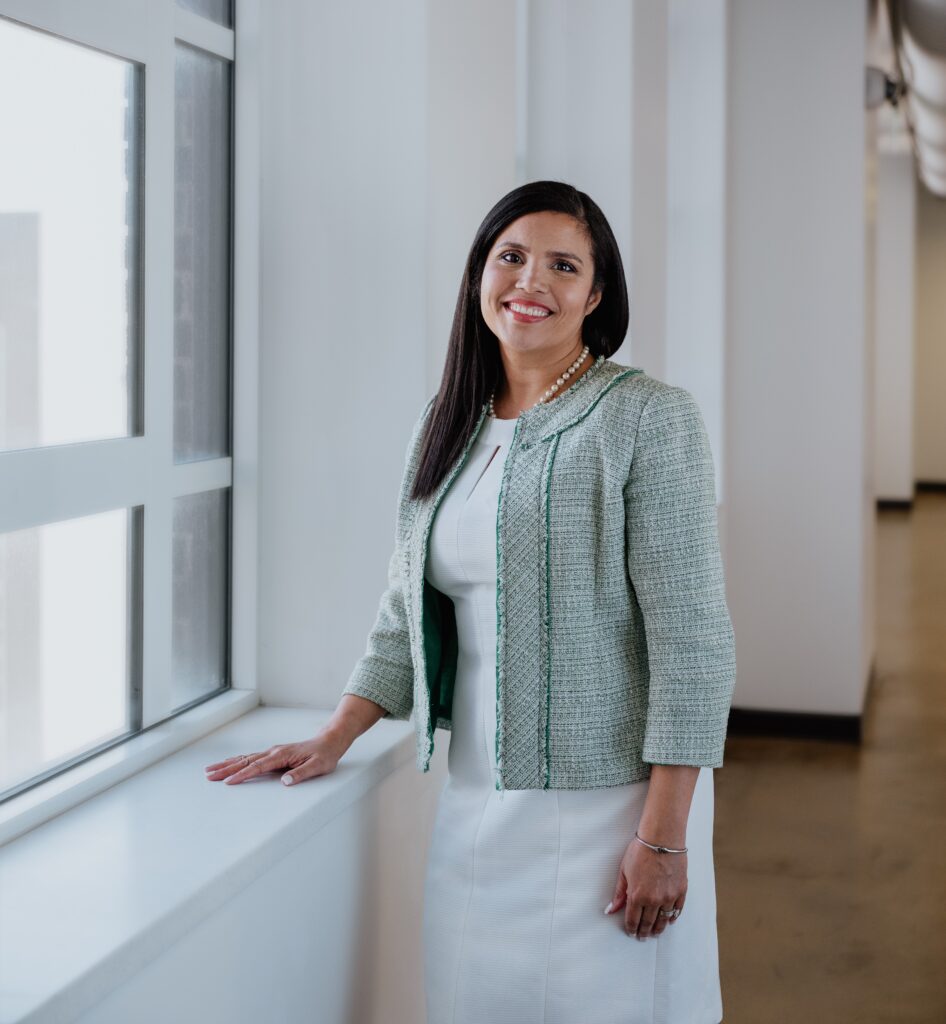Source: Special to Michigan News

Deirdre Young

Deirdre Young
Dentistry, higher education and DEI (diversity, equity and inclusion) might seem like three separate occupational pursuits, but Dr. Deirdre Young found a way to merge them in her career. A graduate of the University of Michigan School of Dentistry, Young has worked as a college professor and as the vice president of health and equity at the United Way for Southeastern Michigan.
She has served as the chief diversity officer and assistant dean for institutional equity and inclusion at the College for Creative Studies in Detroit since 2020. Young was named a notable leader in DEI last year by Crain’s Detroit Business and continues to practice dentistry on weekends, primarily serving community groups.
What prompted you to transition from the practice of dentistry to a career in diversity, equity and inclusion?
During dental school I had great conversations with Dr. Todd Ester, the associate dean of diversity, equity and inclusion at U-M’s dental school and we just kind of talked about access issues. I knew this was going to be core. I quickly realized I wanted to be in the classroom, so I started teaching at Wayne County Community College. I fell in love with education. After about two-and-a-half years of teaching at night and practicing dentistry during the day, there was a unique opportunity to merge my passions in health care, education and diversity at the University of Detroit/Mercy School of Dentistry. (Young was a clinical associate professor and director of multicultural affairs from 2009 to 2016 at the school.)
Diversity, equity and inclusion offices are facing heavy criticism in places like Florida and Texas that have outlawed DEI initiatives at public universities and government agencies. Why do you think there has been such a backlash to DEI?
I can’t speak for others in terms of why that is, but I can tell you here at the college, I get a tremendous amount of support. Even prior to my arrival, they already had advisory councils dedicated to exploring DEI and how they can impact the college in tangible and meaningful ways. It really is an extraordinary college. The councils’ main point is to ensure that there’s fair access to education. It’s at the core of what we do.
Do you still practice dentistry?
Yes, it’s service-based. I was in Grand Rapids recently and was able to provide dental services to 75 of our soldiers who were being actively deployed. I definitely have a skillset to be of service, so why not serve the ones who work day in and day out to protect our freedoms?
Tell me about growing up in Detroit.
I went to Detroit Public Schools and when I was in elementary school, I would walk from the Golightly Education Center to the main library after school every day. And the college campus I walked through happened to be CCS. I remember walking through this community and people were just wonderful. They always spoke to me; they always wanted to make sure everything was OK.
How would you say your U-M education benefited your career?
I would say there was a profound emphasis on thinking outside the box—how can you be a part of the change that you want to see in the world. And that was really, really important to me.


